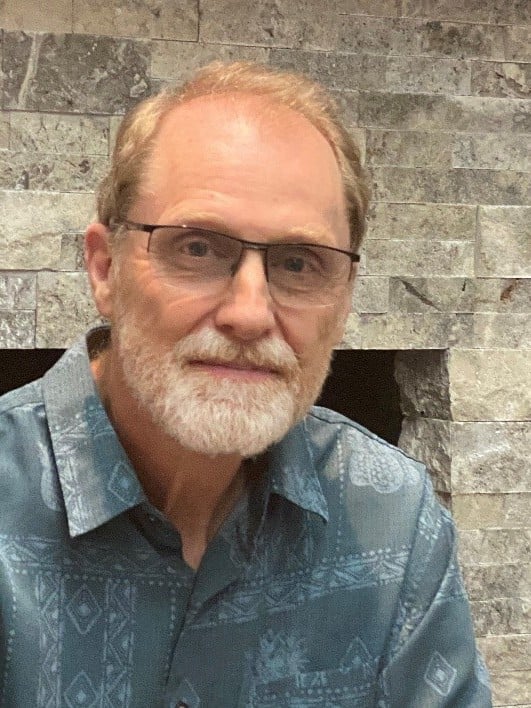Jack of All Trades, Master of None: Why Specialists Are Happier (and More Successful)
-jack-of-all-trades-master-of-none-why-specialists-are-happier-and-more-successful-400.jpg)
 Human beings have a difficult time with the idea of limitations. We don’t want to be told there are things we cannot do, which is why we hold stubbornly to the idea that “if we really put our minds to it,” there’s nothing we can’t accomplish.
Human beings have a difficult time with the idea of limitations. We don’t want to be told there are things we cannot do, which is why we hold stubbornly to the idea that “if we really put our minds to it,” there’s nothing we can’t accomplish.
Over my years as a psychologist and coach, I have witnessed, firsthand, the frustration, disappointment, depression, and stress of those who cling to this belief. And honestly, there’s nothing more difficult than watching someone trying and failing, over and over again, to fulfill a dream or desire they have no real aptitude for.
The fact is, certain people are better at certain things than others. By embracing these “limitations” and focusing on our gifts, we actually free ourselves up to be happier and more successful.
I didn’t always feel this way. In fact, when I was still an idealistic senior in college I wrote a paper that embraced the viewpoint of Dr. Fritz Perls, the father of Gestalt Therapy, who described diagnoses as labels that put people into pigeonholes and prevent us from having a genuine experience with others. Dr. Perls embraced the idea that our freedom lay in having no preconceived notions about different “types” of people (or, in the context of my training, their psychological differences).
In this paper, I argued for an approach to human interaction without preconceived labels or categories of any kind. This, I maintained, was the only way to have true, honest, and genuine encounters with our fellow human beings.
My professor for the class helped me to understand that what I advocated in my thesis was impossible. He patiently and kindly pointed out that labels and categories were the basis of human learning and that, without them, every moment of every day would be unique and overwhelming. We would be like newborns, encountering everything for the first time, with no history and no context within which to understand anything beyond the immediate sensation it created. Not a desirable way to live!
I point this out because I am often challenged by people who take umbrage with the categories that form the core of Perceptual Style Theory, which I helped to develop. These are people who resent the “limitations” of the six innate Perceptual Styles, who believe these labels can only be treated mechanically, rather than as a means to experience the unique human being beneath them.
Labels, whether they are Perceptual Styles or diagnoses, have always been, for me, a tool that provides important insights about the inner experience of another person, providing a place to start in helping clients discover themselves. Rather than limiting our freedom, they can provide the focus that helps us to discover who we are – a roadmap that can guide us in developing our gifts and talents and prevent us from wandering aimlessly in life.
Research shows that those who become specialists are happier, more successful, and have more meaningful lives than those who remain generalists. And yet, so many people spend the majority of their time and energy trying to get better at the things they have no real aptitude for, rather than polishing their own natural skills and abilities.
When used properly, as keys rather than as locks, labels give us a starting point to discover and explore the behaviors that can set free our most amazing gifts and talents – those lying dormant within us, just waiting to be discovered and developed.
So don’t try to do it all, and don’t be a Jack-(or Jill)-of-all-trades – embrace your limitations and fully explore your natural gifts and talents. Find those things you do really well and do more of them, more often. You will be pleasantly surprised to find that it will allow you to focus on what is truly meaningful and important in your life.
Please share your thoughts on this topic in the comment section below.
Find out more about the services we have available to help you find the success you want and deserve!
© Vega Behavioral Consulting, Ltd., All Rights Reserved
About Dr. Gary M. Jordan, Ph.D.
Gary Jordan, Ph.D., has over 35 years of experience in clinical psychology, behavioral assessment, individual development, and coaching. He earned his doctorate in Clinical Psychology from the California School of Professional Psychology – Berkeley. He is co-creator of Perceptual Style Theory, a revolutionary psychological assessment system that teaches people how to unleash their deepest potentials for success. He’s a partner at Vega Behavioral Consulting, Ltd., a consulting firm that specializes in helping people discover their true skills and talents.
Additional information about Dr. Jordan